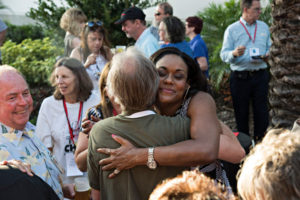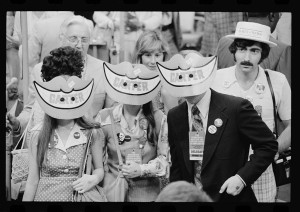I love hearing stories like the one that brought a lot of attention to a small Iowa town and the newspaper that serves its residents.
The Storm Lake Times was awarded the Pulitzer Prize for editorial writing. Big deal, you say? Damn right it is!
The winner of the prize is a fellow I don’t know, although I feel a certain kinship with him. Art Cullen is his name. I have had a long personal friendship with his brother, Jim, with whom I worked at the Beaumont (Texas) Enterprise. Jim moved eventually to Austin, where he covered state government for the newspaper. He now is editor of the Austin-based Progressive Populist.
His brother Art’s big prize speaks to the value of community journalism, the kind practiced by small newspapers all across the nation.
The Pulitzer committee recognized Cullen “For editorials fueled by tenacious reporting, impressive expertise and engaging writing that successfully challenged powerful corporate agricultural interests in Iowa.”
Those “powerful” interests are important at many levels to the readers of the Storm Lake Times, given Iowa’s heavy reliance on farming and ranching.
It’s also fascinating to me that the Pulitzer committee gave Cullen the award over finalists from the Houston Chronicle and the Washington Post. It simply shows that size — meaning the amount of corporate funds and resources — matters less than the quality of one’s work.
We hear all the time about reports from vaunted big-city media organizations. You know, the New York Times, the Washington Post, the Wall Street Journal, the Los Angeles Times … and on and on.
It gladdens my heart to know that a 3,000-circulation newspaper — which is published twice each week — has received such high praise from a panel of peers who recognized the courage it takes to challenge such important players in the community it serves.
I offer my own congratulations to Art Cullen and his colleagues at the Storm Lake Times.







